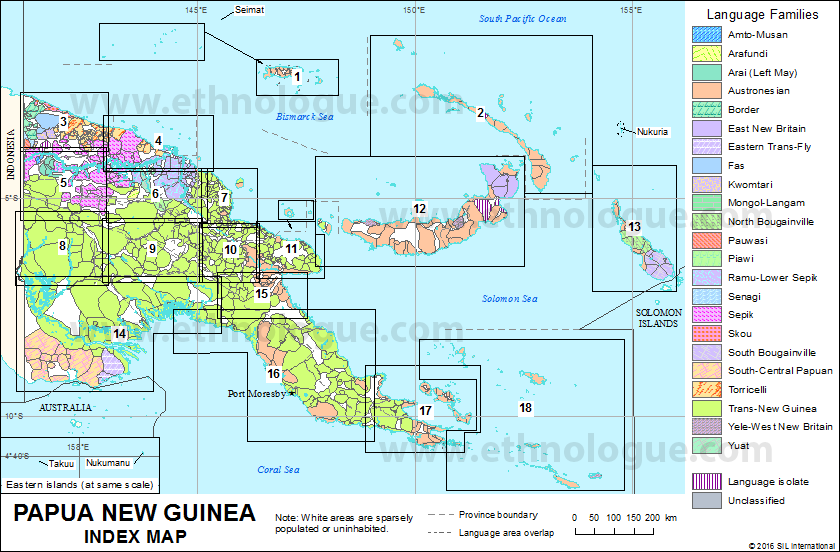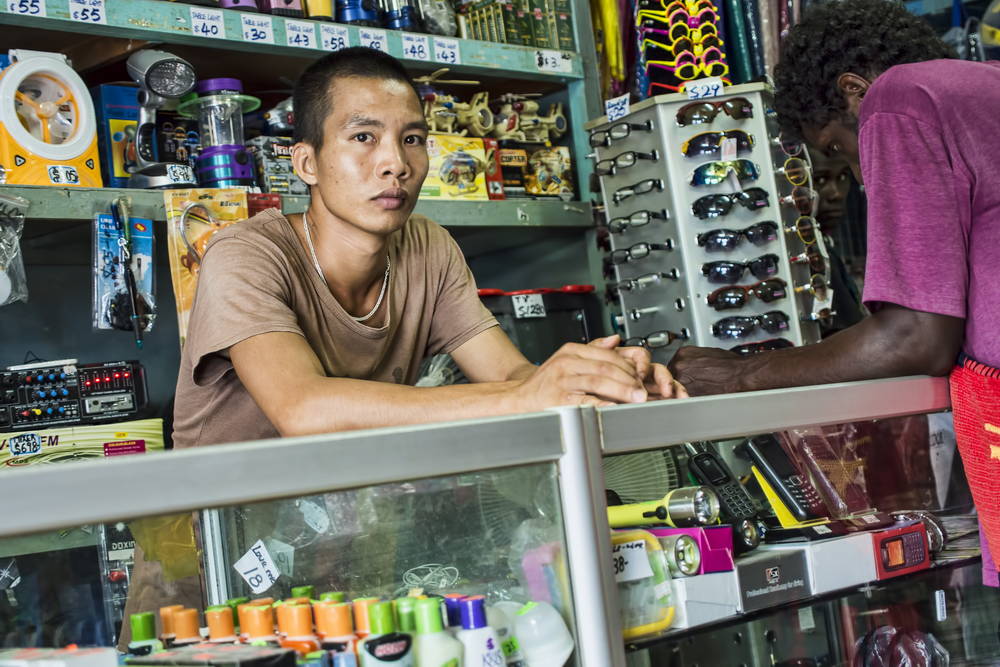The Wantok system is the social glue that binds the nation of Papua New Guinea together.
An understanding of how it works is an essential ingredient in better understanding the people of PNG, their culture and how it all works!
Simply stated, in a country where there is no safety net the Wantok system is the effective substitute.
There are many positives to it, but there are some significant negatives too. And, in so many ways, Wantokism has become the single largest impediment to the country’s development.

The Wantok System – What Is It?

Think of Papua New Guinea as a patchwork quilt. One that is sewn together from almost 1000 traditional societies and ethnic indigenous groups.
Woven in to that quilt are some 850 different languages. Which is one third of the world’s total languages still in use… There is also one common tongue – Tok Pisin, the lingua franca spoken by the majority in PNG.
So just like Mandarin in China and Bahasa is in Indonesia, Tok Pisin is is the common denominator in Papua New Guinea.
It functions across all those languages and traditional societies plus the many different ethnic indigenous groups.
In Tok Pisin, wantok means “one talk” – meaning the language of the tribe or clan that a person belongs to. The Wantok system and Wantokism is the traditional welfare system that evolved around that tribe.
In a tribal-based society everything revolves around the relative welfare of the tribe and clan members as a whole. Therefore face-to-face relationships, inter-marriage, kinship and reciprocal exchange are paramount in creating strong ties to keep the tribe together.

Wantokism evolved in PNG as the supporting mechanism for those members less able to looks after themselves. The Wantok system can be thought of as a kind of traditional social safety net that made sure nobody went hungry and everybody had somewhere to live.
It evolved because it was needed and was a good thing! But post-independence PNG is a different place and wantokism has become the lead in the country’s saddlebags. The Wantok system has a significant impact in every area of life in PNG. But particularly so in business and the business of government.
The Wantok System – Payback Time…
Wantoks who gain a position of responsibility are expected to look after their wantoks… Whether that be in their own small business such as a trade store or small workshop, in an existing business, in the Civil Service or as a politician.
In the business community, wantok business people men or women are automatically expected to make significant contributions. Particularly so when traditional obligations, such as compensation or bride price payments, are needed. Saying no is simply not an option if the business person wants to maintain their position of respect in the community. Which often leads to money being siphoned out of the business to meet the never-ending obligations. In many cases the Wantok system has lead to bankruptcy.
At the opposite end of the scale Wantoks working in the retail sector also have an obligation. Basically they are expected are expected to provide goods at large discounts, or even free, to their Wantoks…
Little wonder then that the Chinese have been so successful in small retail in PNG. They staff the till with family members and guard it’s contents carefully
Here is the link to a paper by Bui Mana. The paper eloquently describes the overall situation with wantoks and wantokism in PNG. While here is another excellent paper written by Grant Walton and David Jackson that details the wantok system in Papua New Guinea.

Wantoks who become senior politicians are expected to contribute even larger sums. And there have been numerous cases where the root cause of false accounting on public works programs has been traced to the need to finance these contributions!
Back To: Understanding Papua New Guinea
